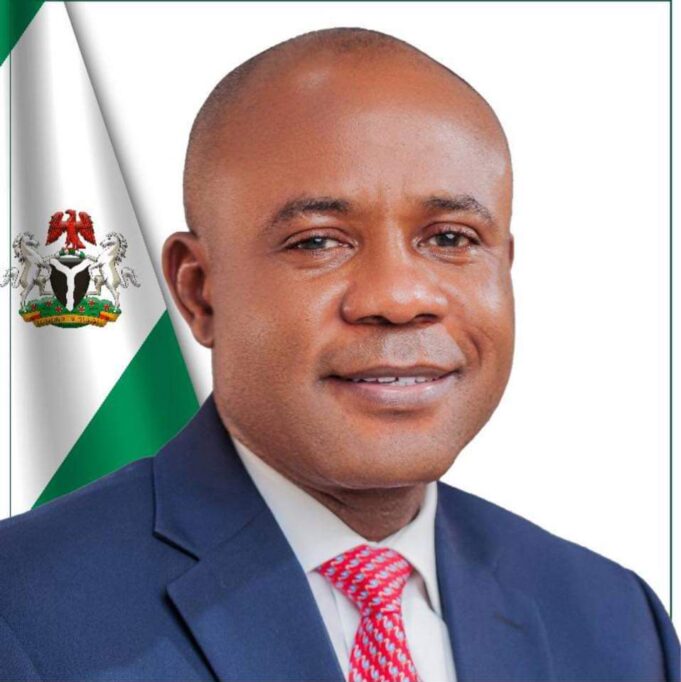
The Enugu State Government has clarified that the Mortuary Tax imposed in the state is not intended as a revenue-generating measure but rather aims to discourage the extended preservation of corpses in mortuaries.
This explanation came from the Executive Chairman of the Enugu State Internal Revenue Service (ESIRS), Mr. Emmanuel Nnamani, in response to an online circular that has recently sparked public debate.
 Advertorial
Advertorial
The circular, addressed to all mortuary attendants, cited the provisions of Section 34 of the Birth, Deaths, and Burials Law Cap 15, Revised Laws of Enugu State 2004, which authorizes the implementation of the tax.
It stated that a fee of N40 is charged once a corpse is not buried within 24 hours of death. This amount increases daily for as long as the body remains in the mortuary.
 Advertorial
Advertorial
“Ensure that owners of corpses make the necessary payments before collecting the bodies for burial and remit the sum to the Enugu State IGR account under mortuary tax,” the circular advised.
In addressing public concerns, Nnamani emphasized that this tax is not new, having been part of state laws for years.
He refuted claims that the amount was N40,000, clarifying that it is a modest N40 per day and that mortuary owners, not grieving families, are responsible for paying the tax.

“If a body stays in the mortuary for 100 days, the mortuary is expected to pay N4,000 to the state. The tax is designed to discourage people from unnecessarily keeping corpses in the mortuary,” Nnamani explained.
He also criticized social media users for altering the date on the circular to give the impression that the tax was a new policy, adding that no one has ever been denied the right to bury their deceased family members due to this tax.


















